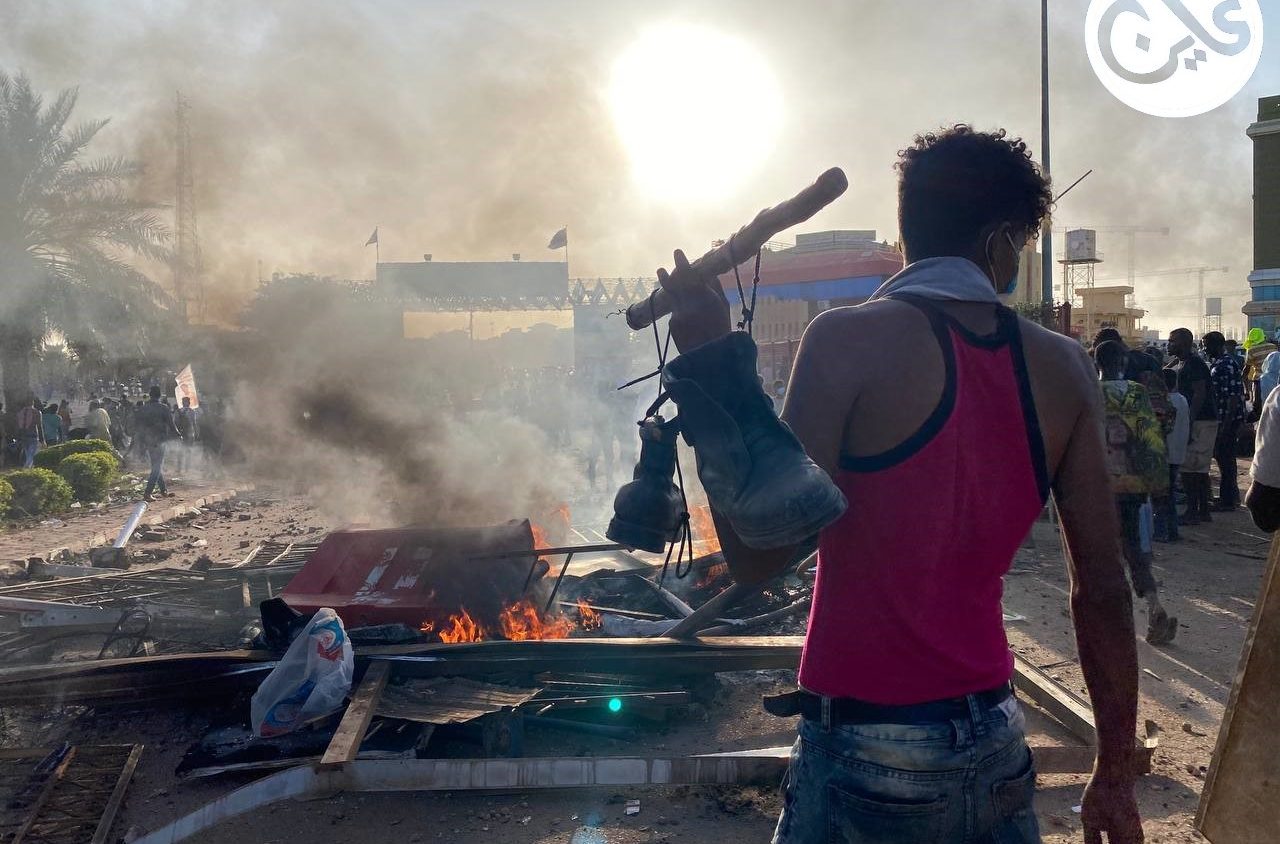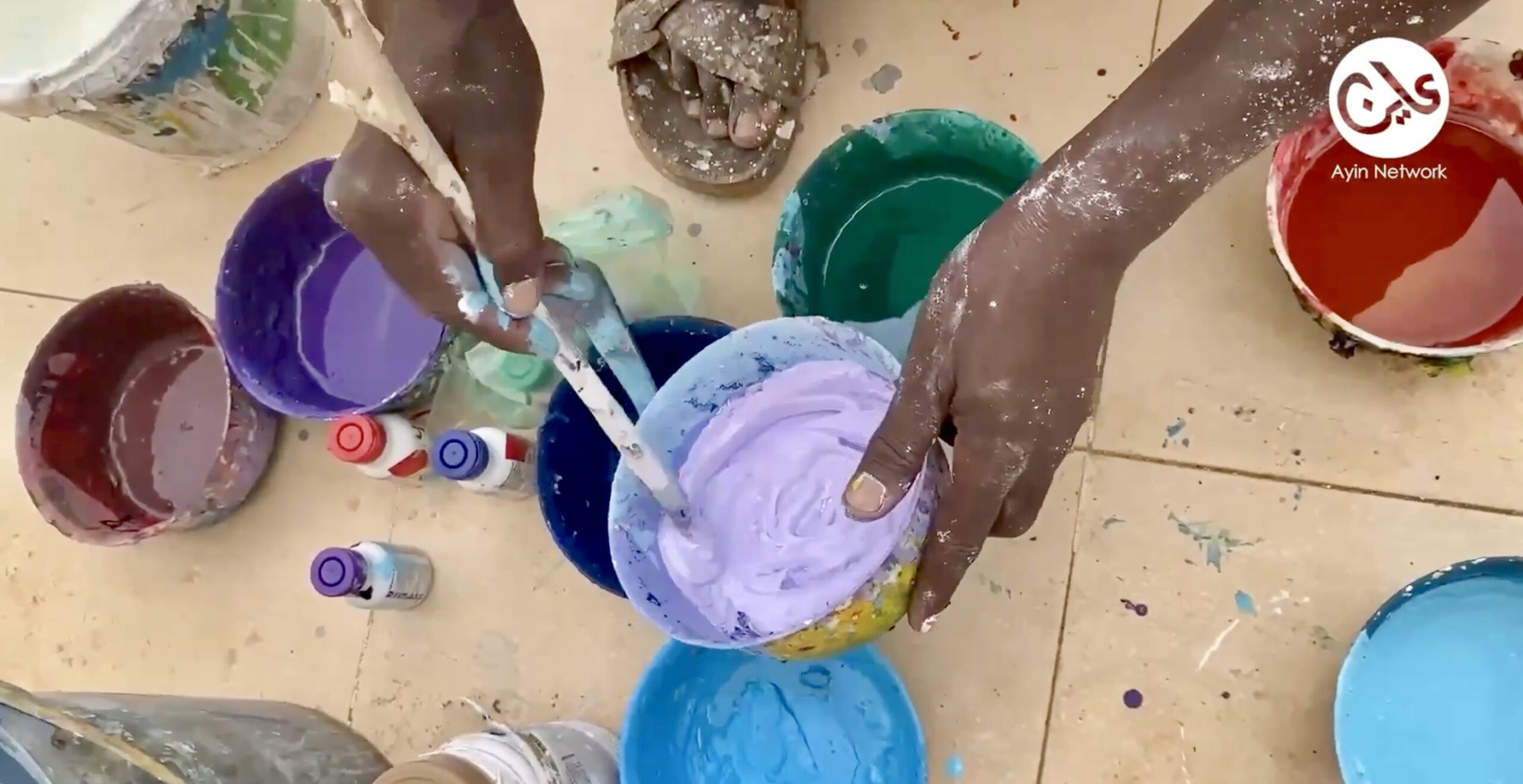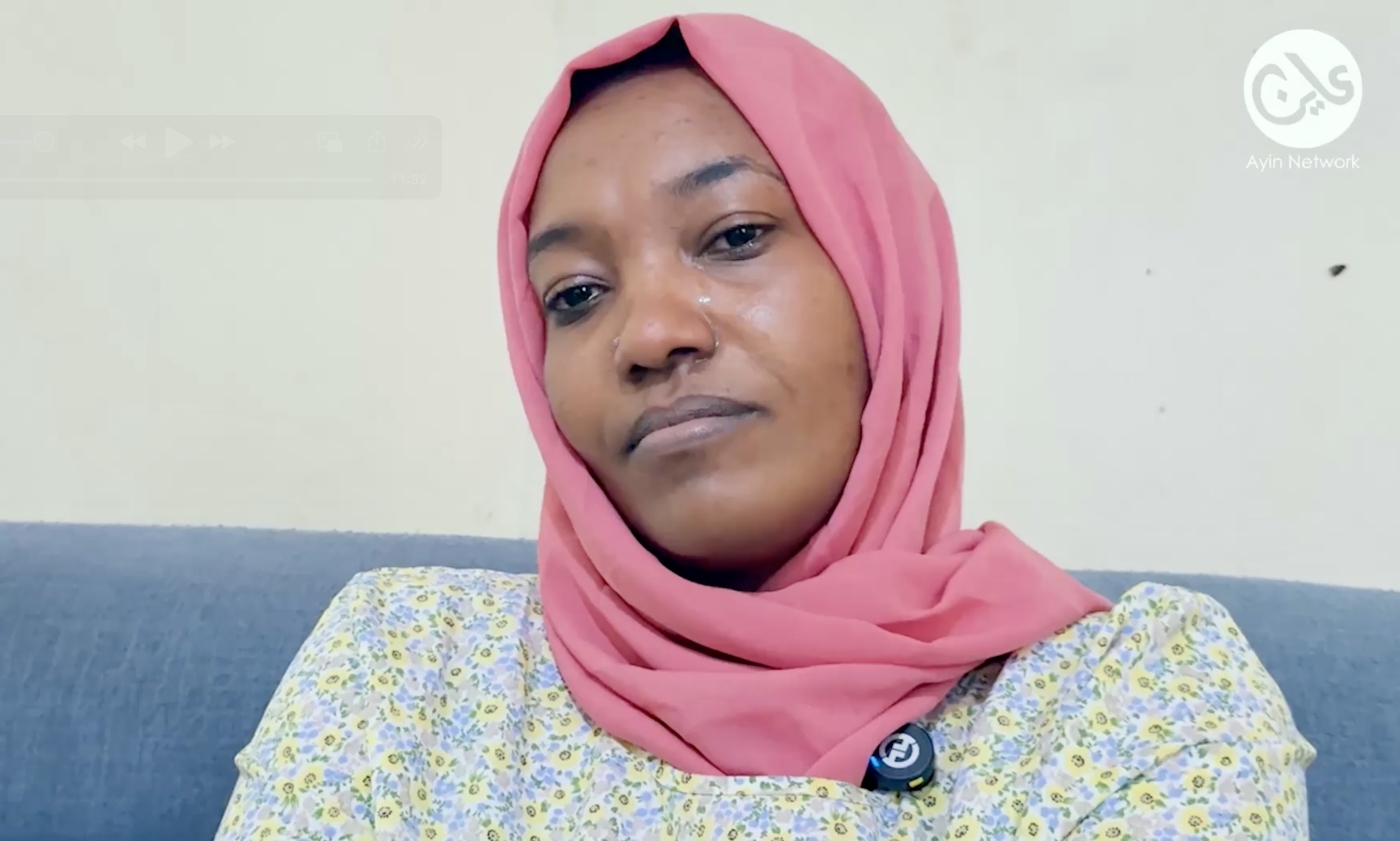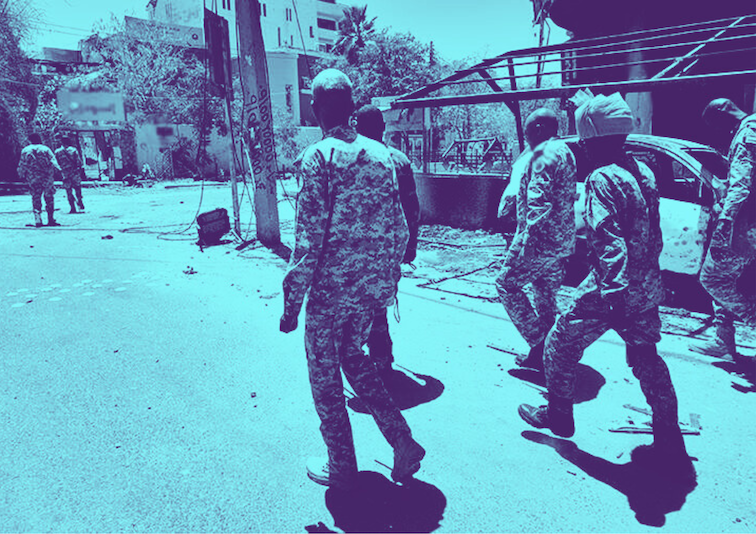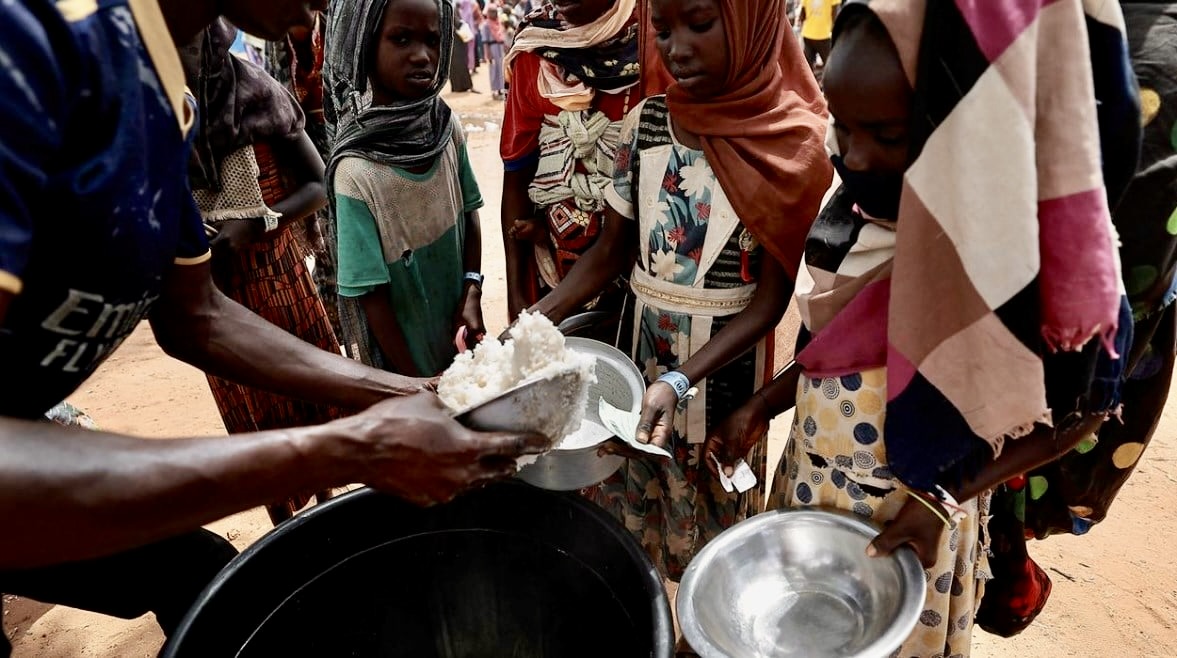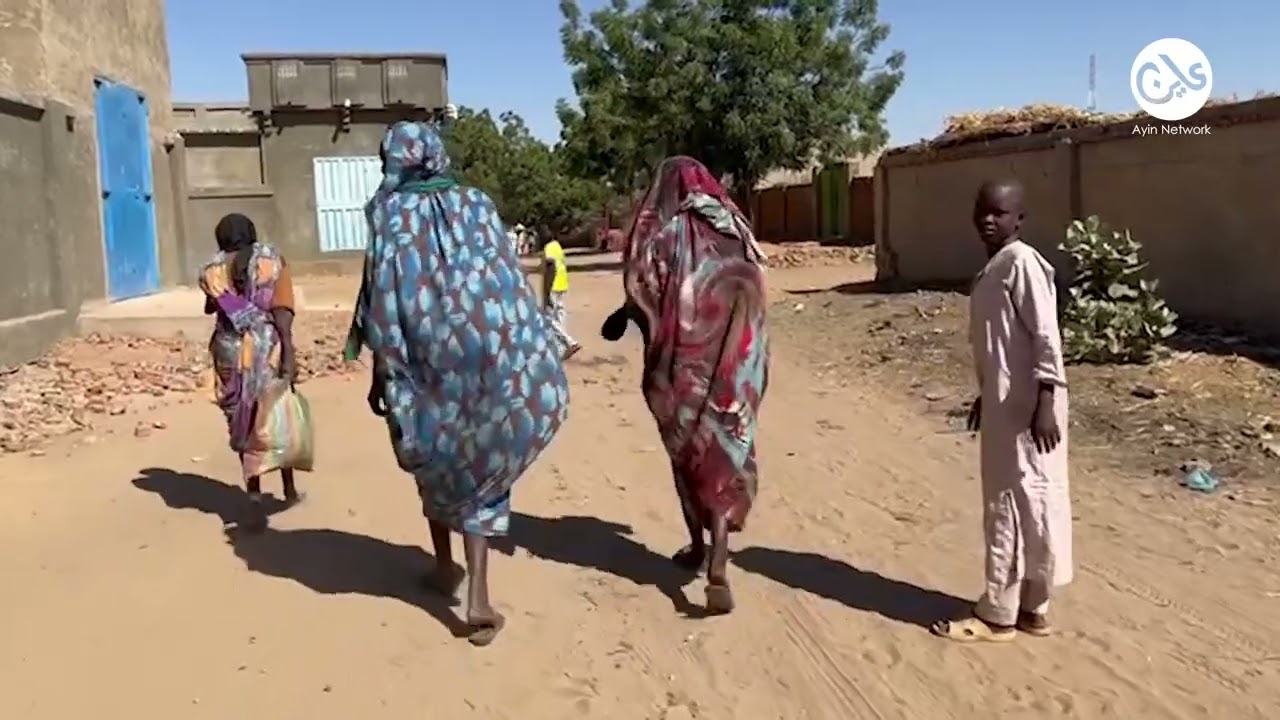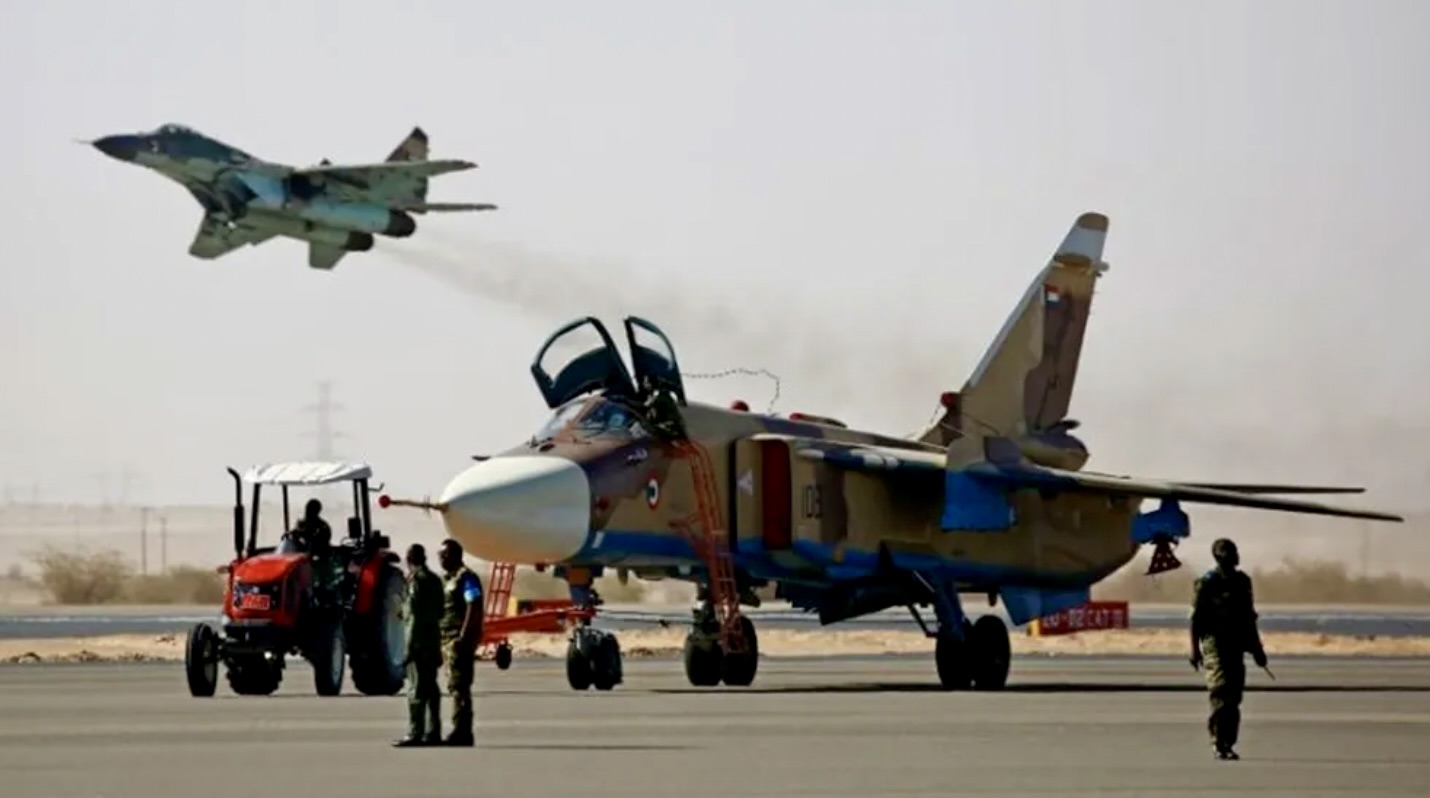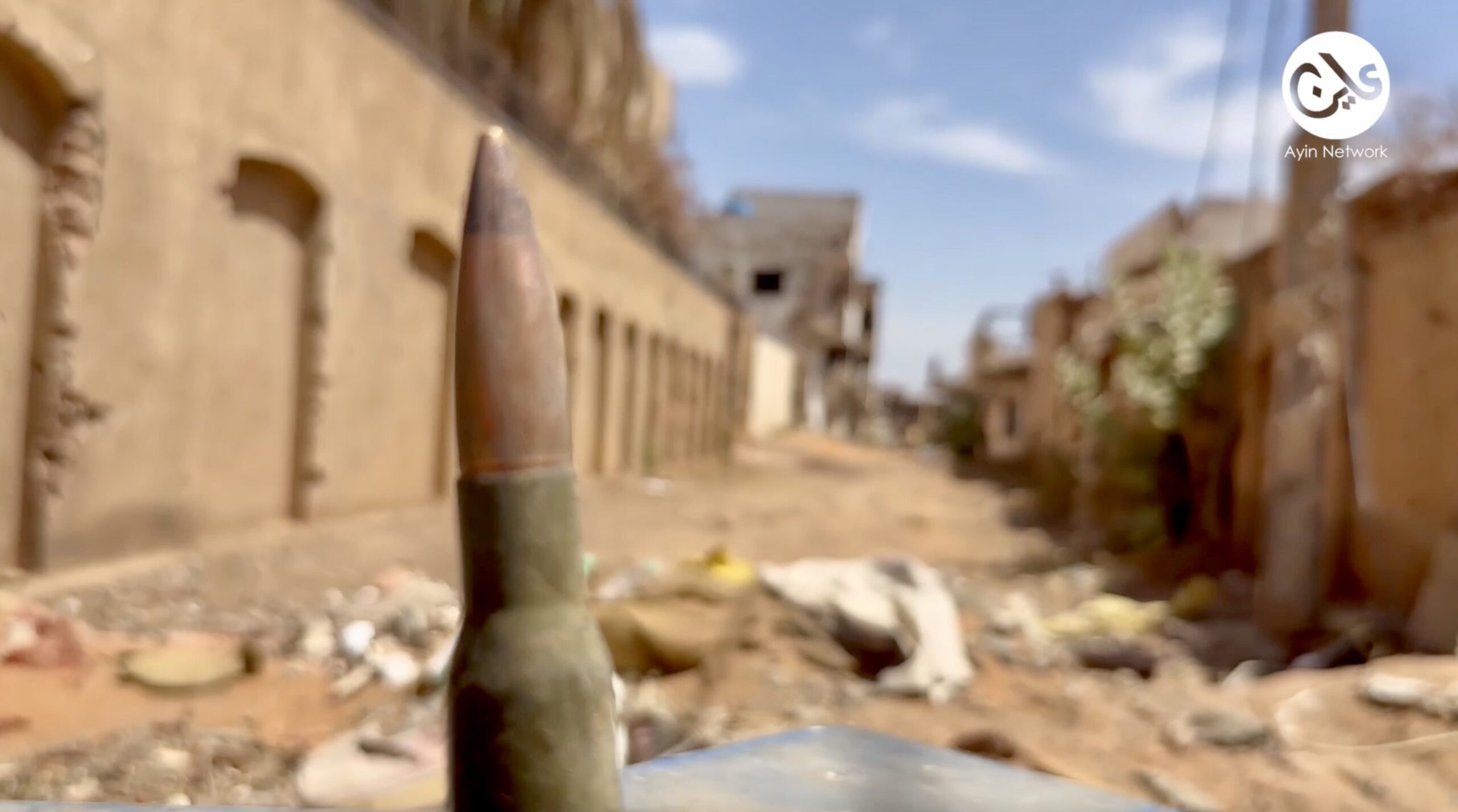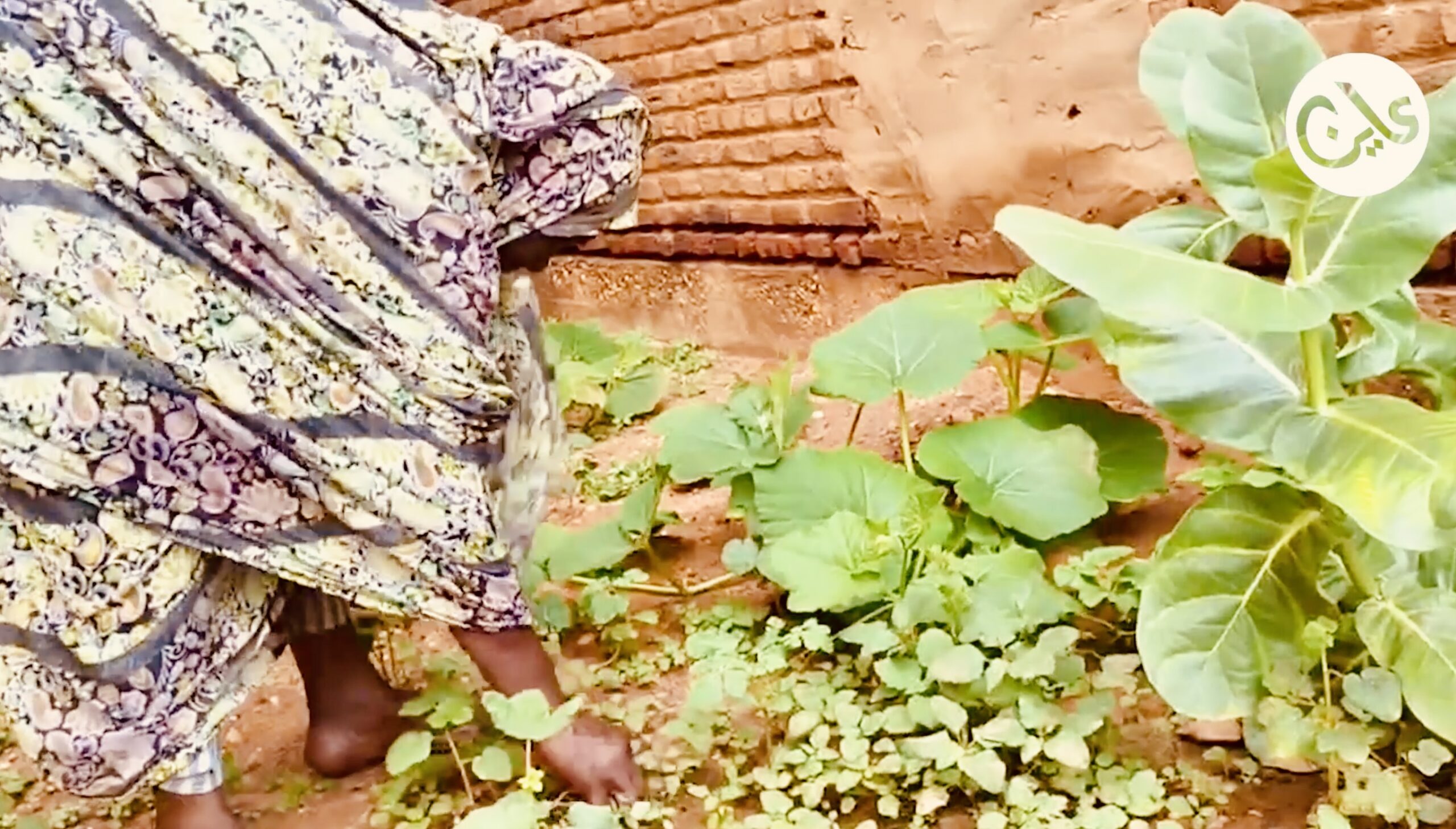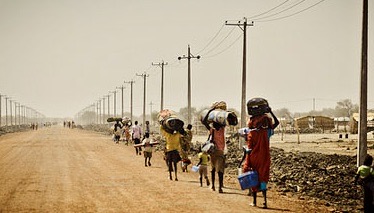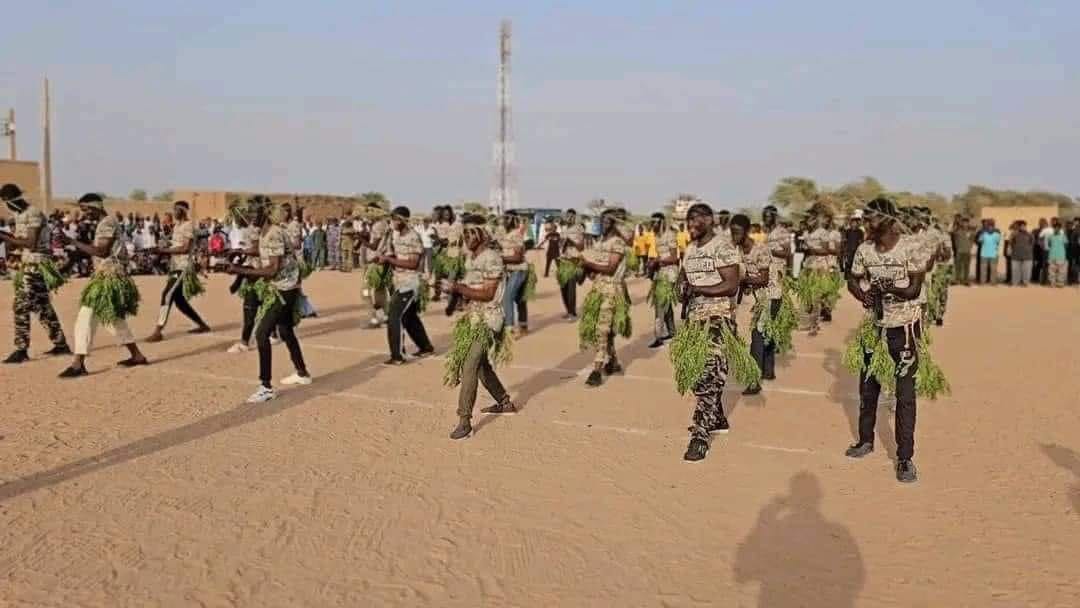Major protests on the coup’s anniversary, and more set to come
26 October 2022
Tens of thousands of protestors took to the streets across Sudan on Tuesday, marking the first anniversary of the military coup that halted the country’s democratic transition to a civilian-led government.
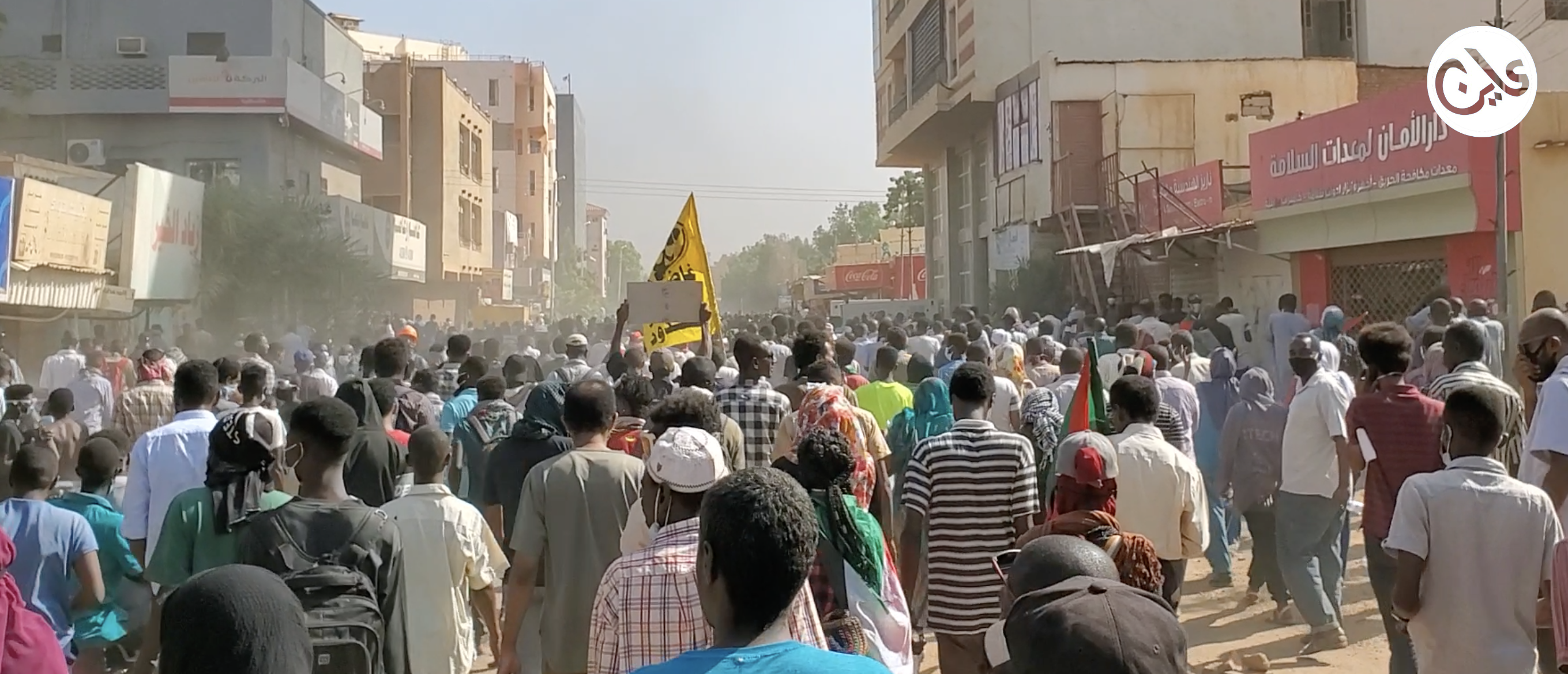
On Tuesday morning, demonstrators flocked to assembly points organised by the resistance committees within the three cities of the capital area –Khartoum, Omdurman, and Bahri. Protests also took place in several cities across the country including Atbara, El Fasher, Kosti, Nyala, and Wad Medani in what eyewitnesses consider the largest demonstration to take place since January.
Prior to Tuesday’s anti-coup demonstration, the civilian-led resistance committees organised an estimated 45 protests since the coup took place –-each one met with excessive repression by security forces.
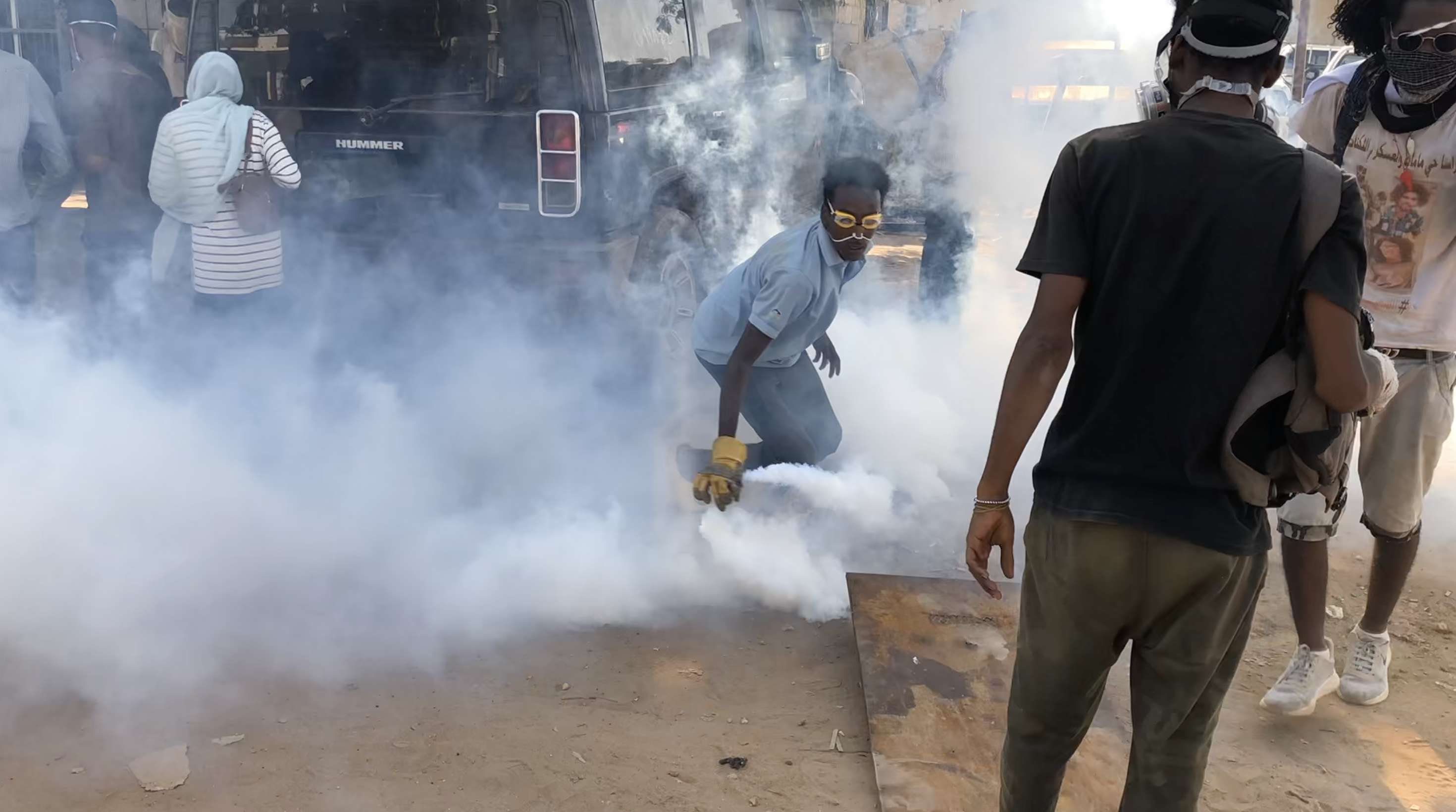
One demonstrator was killed in Omdurman yesterday when they were run over by a vehicle belonging to security forces, the Central Committee of Sudanese Doctors said, becoming the 119th person to be killed in the anti-coup protests. The victim also marks the fourth death among the coup protests related to being run over by security forces, according to documentation by the medical support initiative, Hadhreen. The Central Committee of Sudanese Doctors also estimate around 200 protestors were injured in Tuesday’s protest, adding to at least 7,000 cases of injuries by anti-coup demonstrators over the past 10 months.
Authorities pre-empted today’s processions with security measures, closing all bridges in Khartoum to prevent protesters from the neighbouring areas of Bahri and Omdurman from coalescing with the Khartoum procession. All roads leading to the army’s general command were also closed with concrete barriers, according to eyewitnesses. State education ministries across the country, including Gezira, Red Sea, and South Darfur states were shuttered ahead of Tuesday’s processions.
And, for the fifth time since the anti-coup protests began, authorities cut off all Internet access for most of the day in a bid to suppress the protestors’ ability to communicate and suppress media coverage.
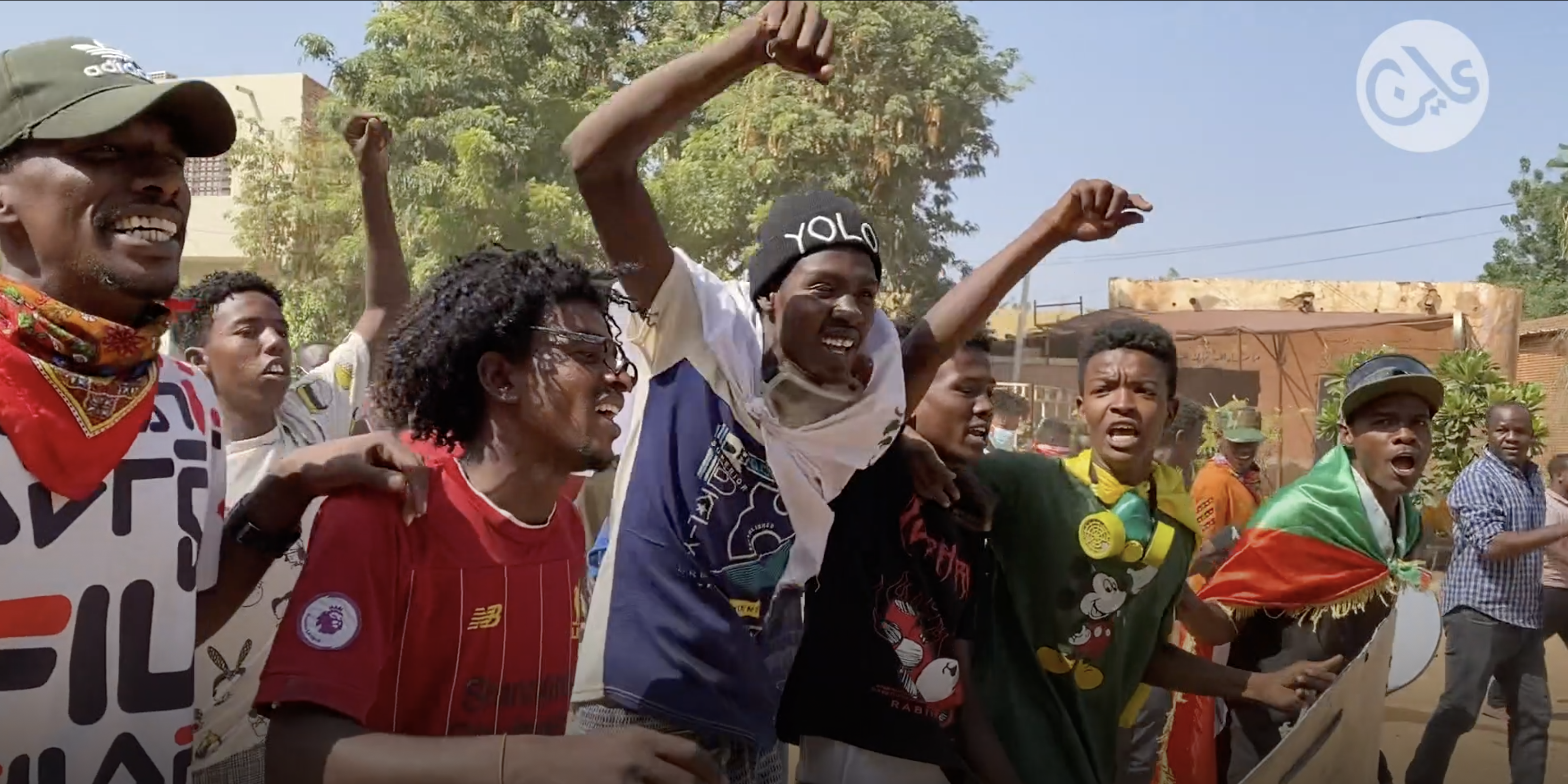
Protests in the capital, across Sudan
According to Khartoum State Resistance Committees, thousands of people from different areas of Khartoum gathered to meet at Pashadar Station in central Khartoum. The protesters set out from Pashadar and attempted to reach the presidential palace as their final destination, carrying banners calling for the overthrow of the military government and transitional justice.
Thousands of protestors in Khartoum managed to reach the vicinity of the presidential palace before security forces cordoned off the perimeter of the presidential palace and trucks carrying plainclothed security officers chased demonstrators seeking shelter in the side streets near Sharoni station. “Despite the blockage of the Internet, thousands gathered [for the protest], which means that everyone rejects the military rule and that General Abdel Fattah al-Burhan must hand over power to civilians instead of igniting the parties against one another,” protestor Fayyad Mubarak told Ayin during the march to the palace.
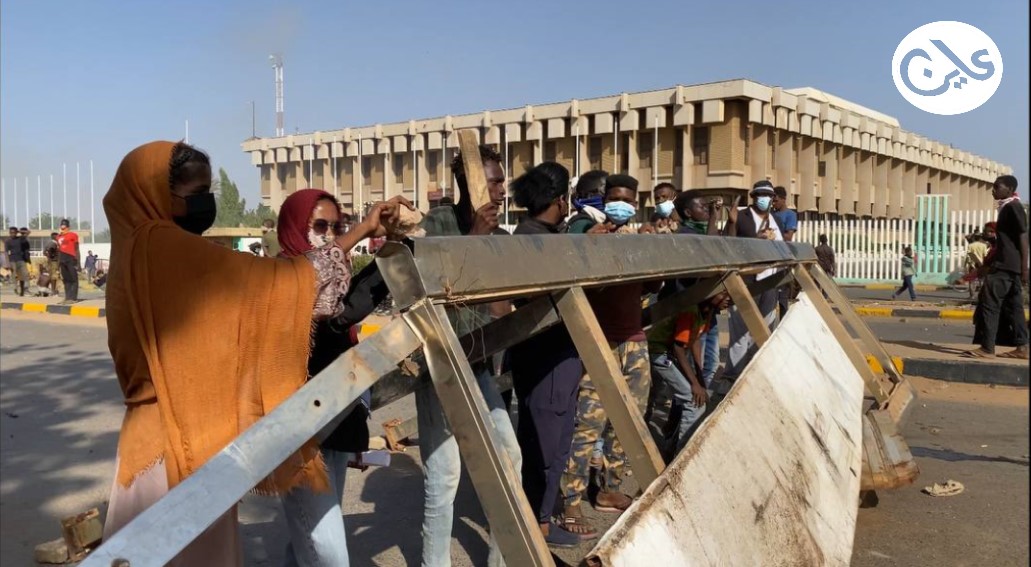
In Omdurman, a multitude of protestors converged from different neighbourhoods onto Al-Arda Street in a procession toward the parliament buildings. After hit-and-run operations between protestors and security forces, some of the demonstrators managed to reach the parliament building, raised flags, and sang the national anthem, according to eyewitnesses. Ayman Abdullah who participated in the Omdurman protest said security forces hurled tear gas canisters indiscriminately at the procession. “Despite the security measures, the demonstrators arrived at the parliament building –-but the security forces responded with excessive force –using tear gas canisters and driving directly at protestors.”
Thousands of protestors also came out in northern Khartoum, Bahri, carrying flags and banners with slogans calling for the overthrow of the military and establishment of civil rule. The Bahri neighbourhood resistance committee said in a statement that several protestors were wounded after security forces used live bullets against them. The Bahri protestors still managed to reach the vicinity of Kibri al-Mak, forcing the security forces to retreat from the area.
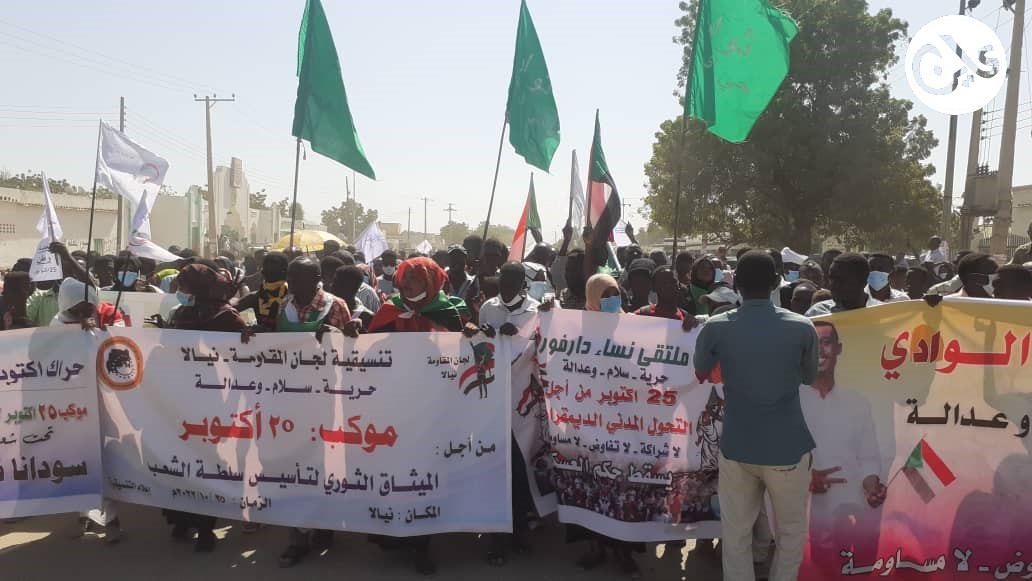
Major protests took place in cities across the country including Atbara, El Fasher, Gedaref, Kosti, Nyala, El Obeid, Port Sudan, and Wad Medani. In Nyala, the capital of South Darfur State, hundreds gathered along the city’s main procession marching from the Cinema area to the state’s legislative council, passing Jebel Marra Street and ending along Al-Jamhurrya Street. Muhammad Ali Ahmed, one of the leaders of the Nyala protests, told Ayin that Tuesday’s protest marking the anniversary of the coup “will not fade from memory,” but represents a starting point and shift towards unifying the revolutionary forces to end the coup and block the former regime from returning to power.
The coup: a year of political stagnation, economic deterioration
One of the key reasons for the anti-coup protest longevity throughout the year, says political analyst Mohamed Ibrahim, is the ongoing political stagnation and economic downturn that has taken place during the military’s rule. A year on, Sudan’s military leaders have not appointed a prime minister while Islamists loyal to the former regime who were previously purged from the civil service, have returned.
According to the former head of the now-dissolved Empowerment Removal Committee and leading member of the Forces for Freedom and Change, Wagdi Saleh, over 100,000 members of the former regime, the National Congress Party (NCP), are now reinstated into the civil service. “Now they are all back –even members of the security service,” he said. According to Saleh, roughly 6,000 of these NCP members who have returned to Sudan’s civil service are radical Islamists. Authorities arrested Saleh on the orders of the Public Prosecutor on 11 October and have been held incommunicado ever since.
Severe mistrust between civil society and political groups, including a major split in opinion regarding the military’s participation in negotiations, are some of the leading factors contributing to Sudan’s ongoing political stagnation, Ibrahim said. “Numerous initiatives have taken place to find a political solution to the current impasse,” he added, “but none of these efforts have been inclusive to all parties.” Different groups within the country along with foreign actors have set up eight major initiatives seeking a political solution since the coup took place.
Last week, the Forces for Freedom and Change – Central Council (FFC-CC) said they had unanimously approved a vision to end the military coup in the country, and the leader of the FFC, Khaled Omar Youssef, said that the coalition and the signatories to the draft transitional constitution for the Steering Committee of the Bar Association and Armed Movements will be part of the political solution. But protestors Ayin spoke to during Tuesday’s demonstration do not share the FFC leader’s confidence in this latest effort. “The negotiations are done in secret without the involvement of the resistance committees,” Ibrahim said, “this will only incur more distrust between the committees and political parties.”
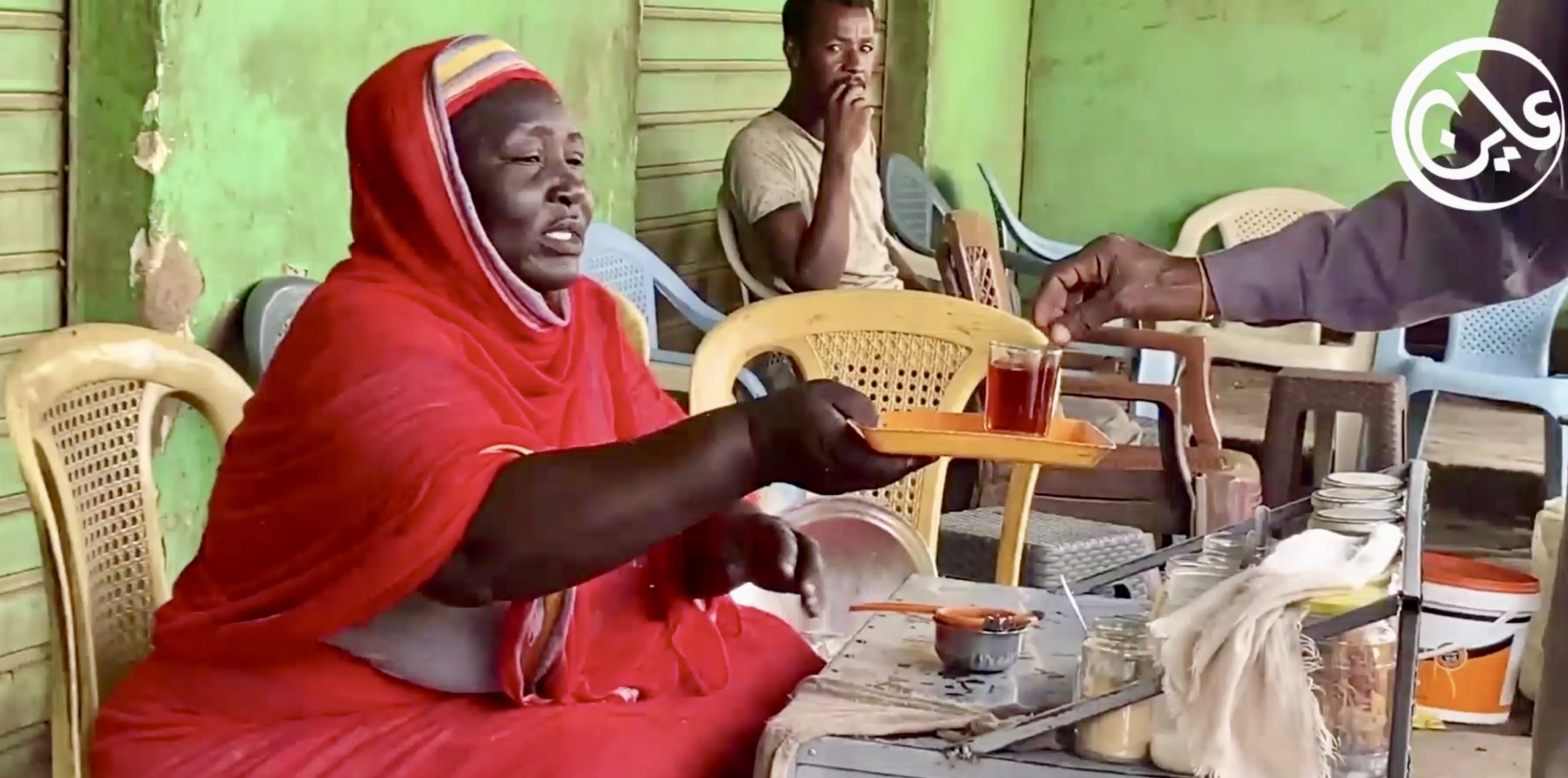
Economic decline
The ongoing political uncertainty and distrust of Sudan’s coup leaders have severely affected Sudan’s already beleaguered economy. Foreign aid and loans worth $4.3 billion were immediately frozen after the coup, says the Deputy Governor of the Central Bank of Sudan, Farouk Kambrisi. After the coup, payments to the Thimarat Program, a $400 million dollar program guided by the Central Bank to provide direct financial aid to lower-income families abruptly stopped.
Sudan exports are severely reduced. Hassan Abdullah, who works in product exports between China and Sudan, told Ayin that Sudan exports to China (normally worth $600 million) are now 50% less in 2022 due to the paralysis of institutions under the coup and high fuel costs.
This political and economic uncertainty has only led to one surety: that the resistance committees and the Sudanese public will continue to protest the current status quo. Several statements by resistance committees have announced another protest is set to take place on 30 October. Mahazir*, a university student who participated in Tuesday’s protest in Khartoum, told Ayin that “the street protests will not retreat, even if these protests reduced in numbers as supporters of the former regime claim.” Mahazir says the options for the military do not exist, even if they concluded a fragile agreement with some civilian groups. A year on since the coup took place, she said, “and still tens of thousands of citizens came out today to express their rejection of the military regime.”
* Her full name is not published for security reasons




